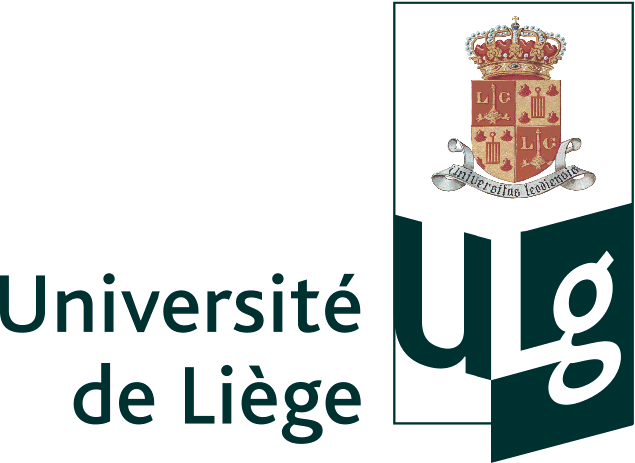Marine mammals in Belgium
The Royal Belgian Institute of Natural Sciences (RBINS) is famous for its museum that hosts an extensive collection of whale skeletons (the Whale Hall of the Museum is currently under renovation). Its Operational Directorate Natural Environment (OD Nature), with scientists working in Brussels and Ostend, collects all stranding and sighting records in one database. The observations from this database can be accessed on this website. Marinemammals.be contains information from many different sources:
- data supplied by the public
- data collected by the RBINS
- data collected via necropsies at the Université de Liège
- and data recorded in literature and historic documents.
In contrast to common belief, the southern North Sea is home to a number of marine mammals, such as harbour porpoises, white-beaked dolphins, and common and grey seals. Also species occurring in the nearby Atlantic Ocean and the northern North Sea may frequent our waters, or wander into them. As such in historical times strandings and/or observations of 19 cetacean and 5 pinniped species occurred at the Belgian coast.
Conservation and protection
The RBINS is part of a European intervention network dealing with the scientific research of stranded and bycaught marine mammals, named ASCOBANS. This research focuses on the problems encountered by these animals, such as pollution and overfishing, but can also put more light on ecology and life history aspects of the populations. Aside this, OD Nature investigates the effects on marine mammals of human activities at sea, such as the construction of offshore windfarms.
The Royal Belgian Institute of Natural Sciences is the competent authority in the national legislation specifically protecting all Belgian marine mammal species (Royal Decree of 21 December 2001). Protecting these magnificent creatures is a commitment, and even an obligation of the Belgian authorities in the framework of different international conventions and treaties, such as the European Habitats Directive, ASCOBANS and the OSPAR Convention. As protected animals, marine mammals cannot be disturbed on purpose, and may not be caught or killed. Stranded or bycaught animals need to be notified to the authorities.
What to do with stranded marine mammals?
Check out our brochureIf you observe a stranded seal or dolphin, or a group of them, you should do the following:
Found a helpless living seal (harbour seal, common seal) on the beach?
- Call SeaLife Blankenberge on 050/42 43 00
- Call local police or fire brigade
Found a dead or helpless dolphin or porpoise on the beach?
- Call RBINS/OD Nature in Ostend on 059/70 01 31 or mail on marinemammals@naturalsciences.be
- Call local police or fire brigade
- For transporting small sea mammals (seals, porpoises and small dolphins), the OD Nature has special equipment standby.
Found a large cetacean on the beach?
- Call the Maritime Rescue and Coordination Centre (MRCC) in Ostend on 059/255 440
- Call RBINS on 059/70 01 31 or mail on marinemammals@naturalsciences.be
- Call local police or fire brigade
- Contact the Maritiem Informatiekruispunt (MIK)
Observations of live marine mammals and strandings of turtles can be reported to OD Nature: marinemammals@naturalsciences.be.
A seal on the beach does not necessarily need assistance. Healthy animals look for a place to rest in the daytime. Common seals are born on sand banks or beaches. If you see a clearly healthy seal, the first thing is to make sure that you do not disturb the animal. Observe it from a distance. During the summer months, young and weak common seals may be washed ashore along the Belgian coast. Without human intervention, these animals would not survive. A small seal in distress looks thin and lifeless. It can be approached relatively easily. In a situation like this, follow these rules:
- Do not cause any unnecessary stress. Allow the animal to come ashore and make sure members of the public keep their distance;
- Do not touch the animal. It may bite and transmit germs to humans;
- Inform Sea Life Blankenberge.


















